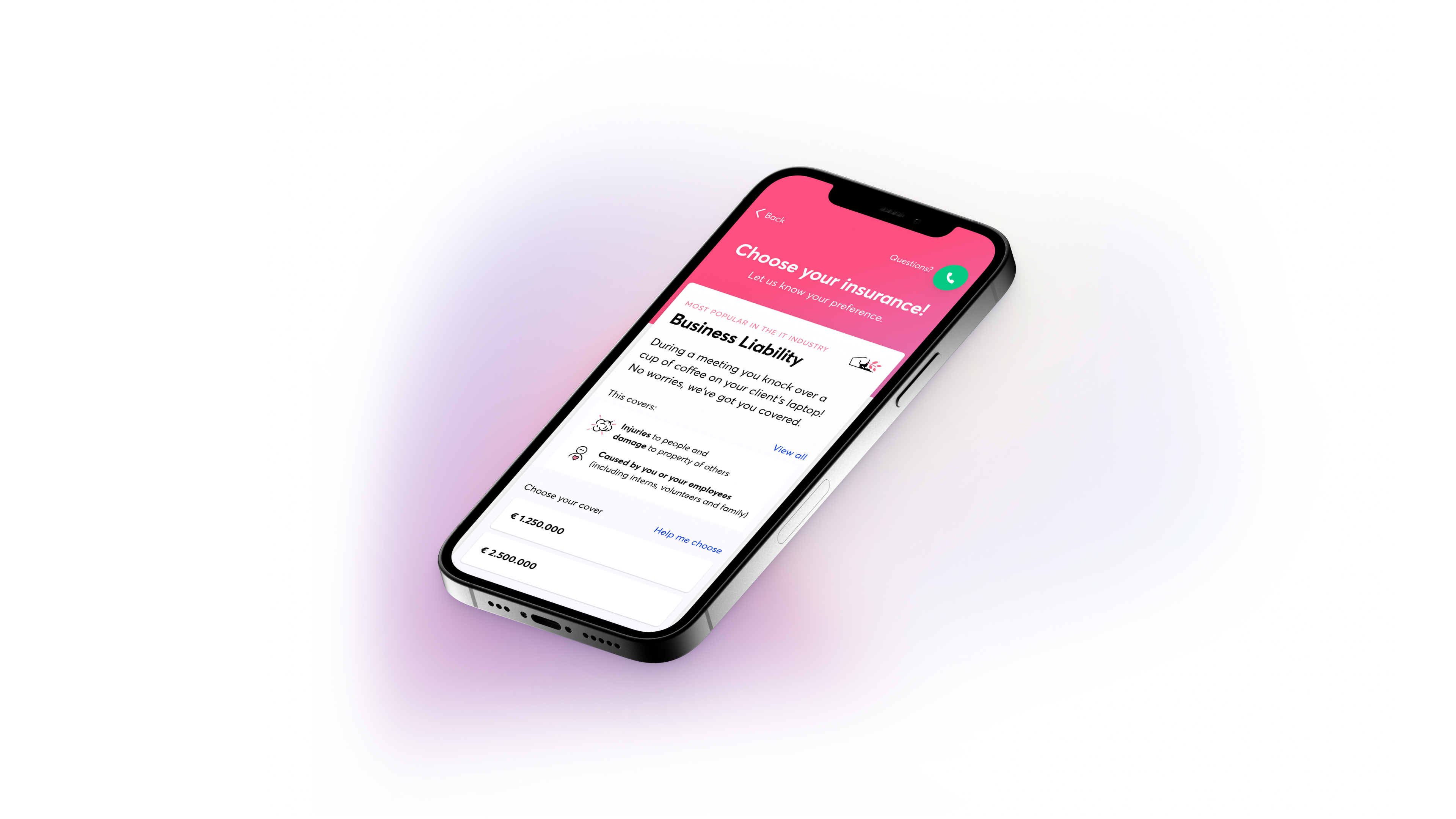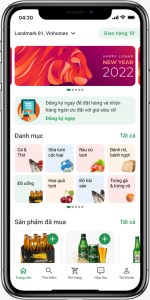Hearts Radiant, a Spanish startup that’s building a “longevity coach” for seniors — with the goal of extending quality of life through app-based personalized coaching designed to combat and even prevent frailty — has closed a seed round of funding as it gears up to launch in the US, eyeing Florida’s 4M+ over 65s.
We covered the startup as it came out of stealth to announce pre-seed funding for its digital coach, aka Rosita Longevity, back in October 2020. It followed that by launching out of beta in Spain at the end of 2020 — and went on to amass around 2,000 “very active” users, with an average DAU/MAU of 30%.
The app is offered as both paid or a lighter, freemium version.
“Over the first months we worked on creating adherence and medical plans and by September 2021 we came out of beta and launched our first paying cohort,” says co-founder Juan Cartagena. “The cohort was capped to 40 users paying an average $60/quarter because it involved many manual processes.
“Over the last five months we have been working on automatizing those processes while delivering the service to those users (aside the other ones on the free version). To this day we have had just one person churning and an average DAU/MAU of about 80%, which is incredible for a non-chat product.”
The idea for a personalized digital coach to motivate seniors to make lifestyle improvements to raise their quality of life and even, potentially the number of healthy years they can live — grew out of an in-person spa/retreat for seniors run by the wife-husband founder team.
Digitizing programs developed at the spa — and proving that digital coaching and other remotely delivered technologies can be as effective as in-person therapies is a key part of Hearts Radiants’ mission, as it works to scale a business that sells ‘longevity as a service’.
A clinical trial on its approach is still ongoing, with progress having been delayed somewhat by COVID-19. But the startup tells TechCrunch it plans to publish research on its methodology soon, possibly this summer.
The app-based coaching program packaged as Rosita Longevity focuses on encouraging (gentle) exercise as a way to boost seniors’ mobility and decrease frailty, as well as increasing their social connections (via cohort-based group classes) for an age group that can suffer especially from loneliness and associated mental health issues.
The app organizes seniors into different cohorts depending on their physical condition and muskulo-eskeletical symptoms in order to tailor support — with AI used to help develop a personalized plan per user, based on information they provide about their mobility and any illnesses/conditions etc.
But core to the program is “motivational” coaching — which is provided by (human) healthcare professionals who, while they are dispensing advice/classes digitally, are certainly not made of pixels.
The app-delivered program also provides seniors with other information on how to live better for longer, such as advice on diet, or provides support to manage chronic pain, such as through targeted physiotherapy, in addition to serving up info on relevant emerging research around ageing and longevity.
“When you download the app you go through an evaluation process where Rosita learns where you are today and relevant issues of your past health, helps you set the goals for your next months and proposes an action plan to achieve them. The plan combines live and recorded sessions, follow up tests and group chats with our specialists that will cover all the questions and issues our seniors have,” explains Cartagena.
“We have found these group sessions very relevant in the senior community because as you age, most of the pathologies affect them in a very similar way (comorbidities are very similar and close in symptoms) so it feels very productive to group them in terms of learnings and follow ups.”
“Users inside of a cohort get a personalized plan but are coached in teams per cohort, leveraging social health and peer dynamics. So we are connecting the human part with the automated part for most impact, keeping a healthy trainer ratio,” he adds.
The €2.4 million ($2.8M) seed round was led by Barcelona-based impact fund, Ship2B ventures. Other investors include JME Ventures, KFund, Seedcamp, Bankinter, Seedlink Health, Telefonica Wayra, the University of Chicago, and a number of business angels — including Cristobal Viedma (founder of Lingokids) and Poonam Sharma (a “health veteran” at Oscar Health).
As well as the seed funding the planned expansion into the US — where Cartagena says it will (at least initially) opt for the same b2c model, charging seniors to access a “Prime” version of the app that unlocks access to more classes/therapies — the startup wants to spend on R&D with the goal of developing what he describes as “longevity biomarkers with biomechanics and artificial vision”.
Which is a condensed way of saying the startup hopes to be able to use computer vision/machine learning technologies to automate the detection and assessment of frailty/prefrailty in seniors to better tailor programs and interventions, even if the only hardware in the room is a relatively old smartphone with a not-so-amazing camera.
Further plans for the seed funding are to expand “longevity plans” to more specific cohorts — “based on a combination of behavioral patterns and health history” — so it can offer increasingly customized programs.
“The holy grail of all of this is preventing frailty before it happens,” adds Cartagena. “Frailty and prefrailty are like being diabetic and prediabetic: It is just a matter of where you set the bar. Neither prefrailty nor prediabetes gets much attention but the impact to society is very large. We want to find the people who have the risk of becoming prefrail much much earlier, in their 60s and early 70s.
“We are initially very focussed on functionality, which includes biomechanics, muskulo-eskeletical changes and other areas related (such as gait strength or patterns) that are proxies to mental health (even stronger than cognitive tests!) and literally life expectancy. As we grow we will combine these tests with other lifestyle data, blood tests, microbiome and epigenetic clocks.”
“Tests for frailty and prefrailty exist, but geriatricians can easily point a frail person by looking at how they walk a couple of steps. Therefore an AI might be able to do the same,” he adds.
Asked about the ongoing clinical trials it intends to demonstrate the effectiveness of its digital programs, he suggests the “key variable” is consistency — noting that the current paying cohort is doing 320 minutes+ of exercise a week (“which even for in person coaching is amazing for the senior community”).
“What I believe we have proven with our pre-seed round, is that you can achieve high adherence and results with virtual coaching,” Cartagena adds. “The WHO recommends 150 minutes of physical activity for seniors per week (the average is less than 50 and most do 0 minutes (walking does not count)), and we are achieving a lot more than that (320 in paying users and 170 in non-paying users), plus people are feeling better so they are also becoming more active outside the App, which we do not measure properly yet. This amount of activity in seniors in really unheard of in geroscience.”






